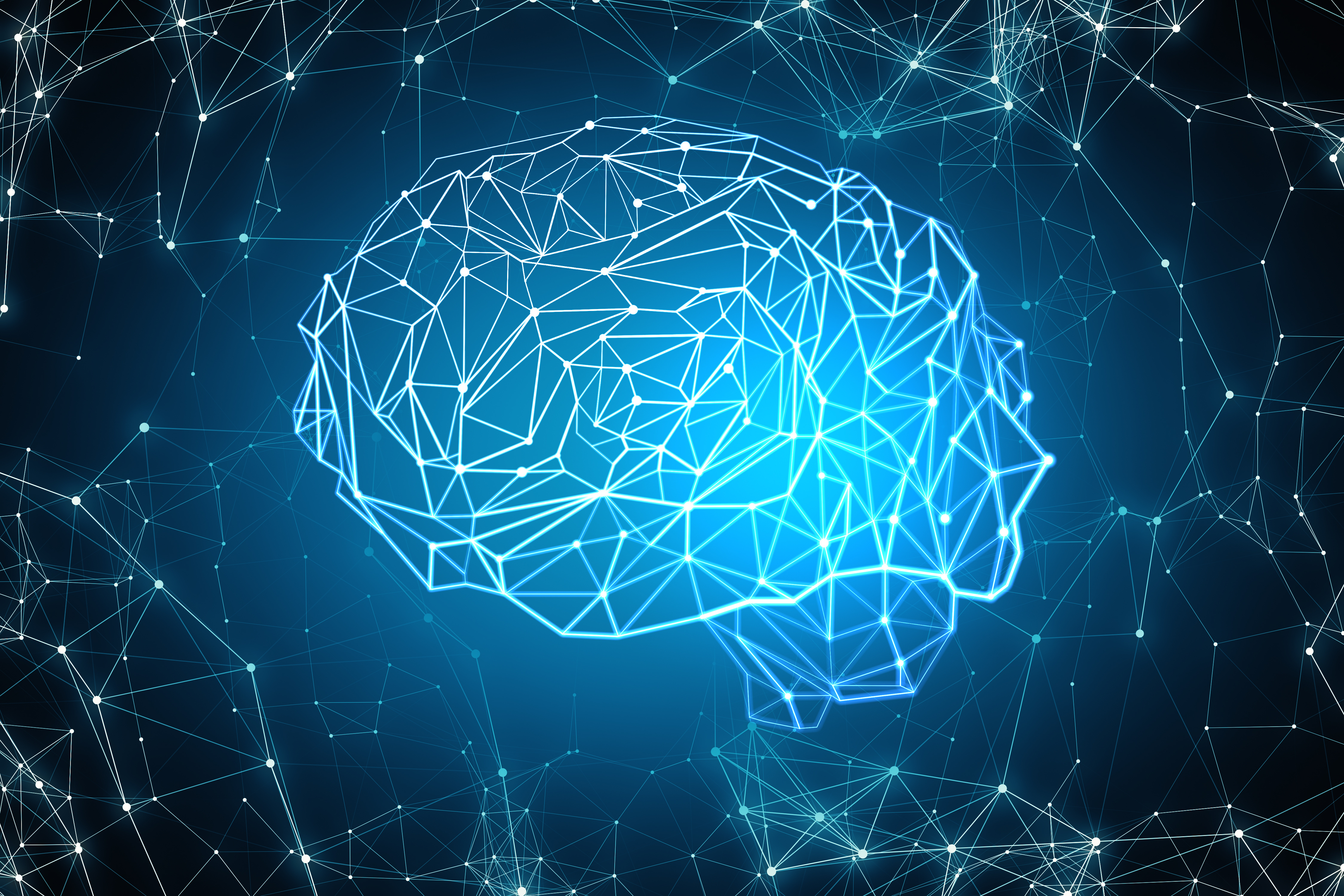Hariri Faculty Awarded $3.2M NIH Grant to Predict Recovery from Stroke-induced Aphasia
Hariri Faculty Affiliates Drs. Swathi Kiran (Sargent College of Health & Rehabilitation Sciences) and Archana Venkataraman (College of Engineering, Electrical & Computer Engineering) have received a $3.2 million NIH grant to transform post-stroke aphasia treatment.
Aphasia, a language disorder often caused primarily by stroke, affects around 2 million people in the U.S. and 15 million worldwide – more than Parkinson’s disease, muscular dystrophy, and multiple sclerosis. Recovery is difficult to predict, and treatment is challenging due to the disorder’s wide variability and the complex interplay of multiple factors.
Kiran, a clinician-scientist specializing in neuroscience and language rehabilitation, and Venkataraman, a machine learning expert, are combining their complementary domain expertise to address this critical need. Their NIH project, titled titled Machine Learning Methods for Predicting Post-Stroke Aphasia and Language Recovery, aims to develop new tools that leverage deep neural networks to learn and identify brain-based biomarkers for language recovery. These tools will be used to predict personalized rehabilitation outcomes for individuals with post-stroke aphasia.
“Once we can develop such advanced models, we can use this information in better decision support tools and for personalized treatment planning,” says Kiran, Founding Director, Center for Brain Recovery. Director of Aphasia Research Laboratory. James and Cecilia Tse Ying Professor of Neurorehabilitation Department of Speech Language and Hearing Sciences.
The interdisciplinary team also includes AIR affiliate and CBR faculty Prakash Ishwar (ENG), and CBR faculty Maria Varkanitsa (Sargent) with foundational contributions from the late Margrit Betke, co-director of the Artificial Intelligence Research Initiative at Hariri Institute.
Learn more in this story on the Center for Brain Recovery (CBR) website.
